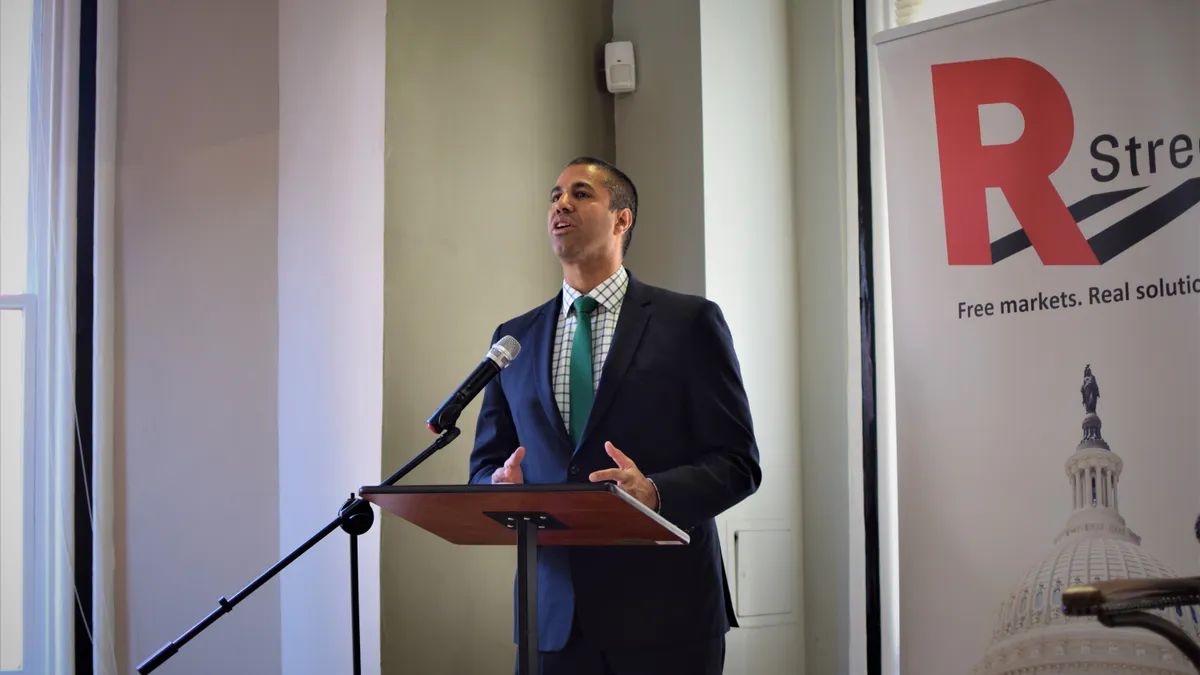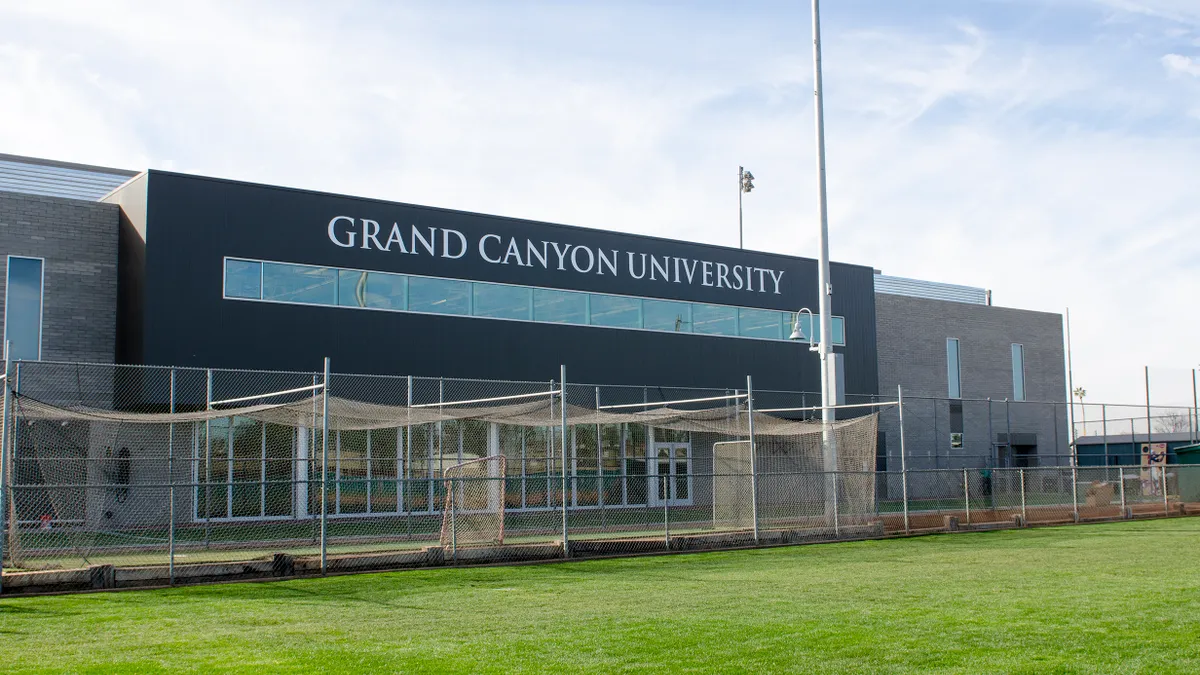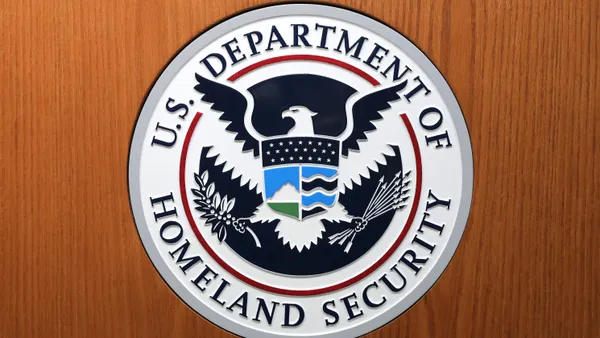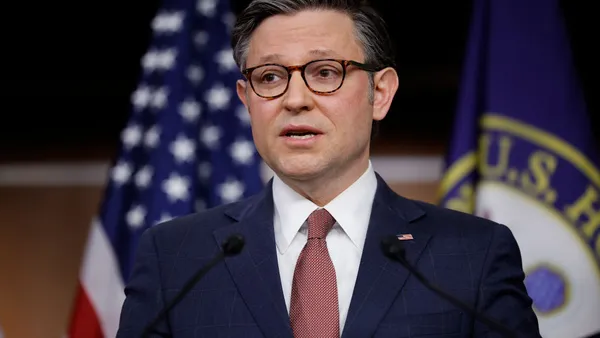Dive Brief:
- The Federal Communications Commission voted to repeal net neutrality rules prohibiting Internet Service Providers (ISPs) from blocking certain types of web content or unfairly pricing companies for bandwidth intensive services — a move that came to the disappointment of several higher education associations, reports The Chronicle of Higher Education.
- Experts on the net neutrality regulation debate, however, contend the rollback would most likely impact entertainment platform providers, as accessing materials online versus streaming movies taxes the network infrastructure much differently — with basic online services not requiring much data or constant bandwidth consumption. Decisions on censoring content would be made by ISPs rather than the government, reports CIO Dive.
- With less government oversight and greater competition among ISPs, many insiders contend blocking content will happen responsibly, reports CIO Dive. However, others argue the repeal could mean higher costs for high-bandwidth sites and fewer small ISP providers, which might affect higher ed institutions that support data-intensive online learning if learning management systems face new significant costs, according to Inside Higher Ed.
Dive Insight:
While many in higher education circles think repeal of net neutrality will make it more difficult for institutions to access open educational resources and stream content at affordable prices, experts argue that the rollback will most likely impact entertainment platforms like Netflix and Youtube. However, institutions which stream a lot of content on their sites may feel the effects of higher prices — though not as much as high-bandwidth companies and groups, say the experts.
Institutions will not be pulling backing their online growth initiatives due to the changes in net neutrality. This is especially the case for smaller colleges facing declines in enrollment and slumps in revenue, as online opportunities appeal to a growing body of nontraditional and remote learners, notes Robert Ubell, vice dean emeritus of online learning at New York University's Tandon School of Engineering, and many others in higher ed.
Though leaders may be concerned about the costs associated with the net-neutrality shift, not expanding online offerings could mean falling behind and potentially incurring greater costs, suggested education researcher Alana Dunagan from the Clayton Christensen Institute at a recent Council for Higher Education Accreditation event. She said maintaining the status quo may be more risky in the long run:
"We have found that innovation is at the core of what drives failure and what drives success," she explained, adding "disruptive innovations make products and services cheaper and more accessible, while sustaining innovations makes them more complex and more expensive."
Higher ed CIOs may be more proactive about considering bandwidth usage moving forward. At Drury University, Executive Vice President, COO and CIO David Hinson said services like Hulu and Netflix can take up as much as 40% of bandwidth over a 24-hour period. "It doesn’t always occur during class times, but typically during the evenings, it certainly will spike up to around 40% on those two services alone."












